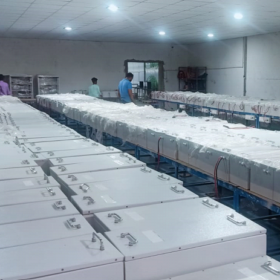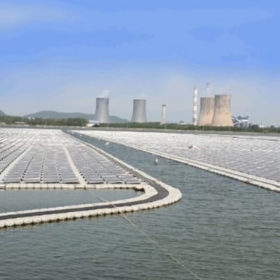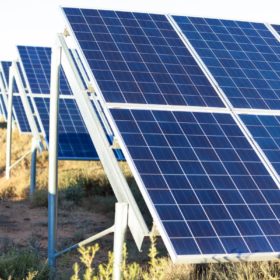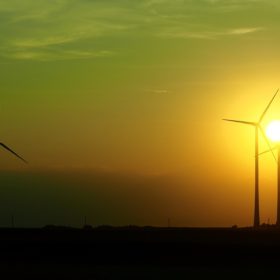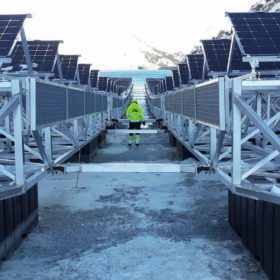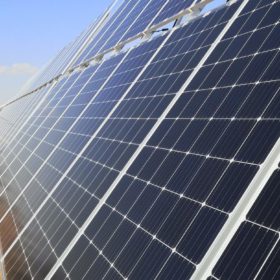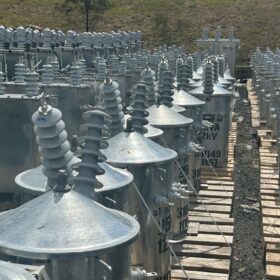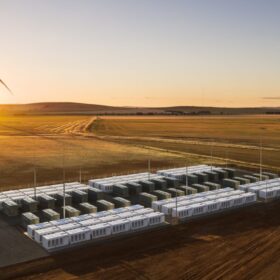Indian manufacturer plans new lithium battery factory
India’s Sanvaru is expanding its lithium battery production capacity to 400 MWh per year by setting up a new factory in the Indian state of Uttarakhand. Its devices are used for stationary and EV storage.
The clean energy revolution isn’t just a techno-fix – it’s about capturing hearts and minds
The Black Summer bushfires devastated parts of the Eurobodalla region in New South Wales. Then earlier this year, the area was hit by floods. As climate change threatens to bring more severe and frequent extreme weather events, how can we help future-proof such communities?
India’s largest floating PV plant goes online
Tata Power’s engineering, procurement and construction unit has commissioned a 101.6 MWp floating solar project in the Indian state of Kerala.
Indian manufacturer unveils battery with solar storage
India’s Natural Battery Technologies has developed lithium-based battery inverters that can be charged with solar power. The batteries are designed for residential and commercial use, with storage capacities typically ranging from 1.5 kWh to 20 kWh.
Longi unwraps reasons behind green hydrogen shift
In recent years, Longi has turned its attention to green hydrogen. Li Zhenguo, company founder and CEO, speaks with Vincent Shaw in Shanghai about the strategic shift and how coupling this technology with solar PV will be key to achieving carbon neutrality.
War pushes Ukraine to deploy solar
New small-capacity solar power plants are being developed in Ukraine to avoid blackouts, which is helping businesses to stay afloat amid dire economic conditions.
Solar auctions in India to attract large developers
A new report shows that renewable energy companies will continue to compete in upcoming auctions in India, undeterred by challenges such as rising materials costs and surging interest rates.
Tenders for floating PV, storage, hybrid wind-solar projects in India
Solar developers have until July 15 to express interest in developing 105 MW of grid-connected floating solar in the Indian state of Maharashtra.
Weekend read: keeping FPV afloat
In many parts of the world, project developers and owners are increasingly looking to floating PV as the next long-term growth market in utility-scale solar. Gian Schelling, global business development manager for Hitachi Energy, says that PV-on-water can rise above the current challenges it faces by drawing on the lessons learned from offshore wind development.
Jolywood scraps solar plans in Indonesia
Jolywood has cancelled a plan to invest in solar cell and panel production in Indonesia, while Hangzhou First Applied Material has said that it will invest US$226 million (AU$324 million) in the expansion of its EVA film output capacity.
